14 Best Homemade Mosquito Repellents That Really Work
Safe, natural, and effective ways to keep those irksome winged insects from biting you.
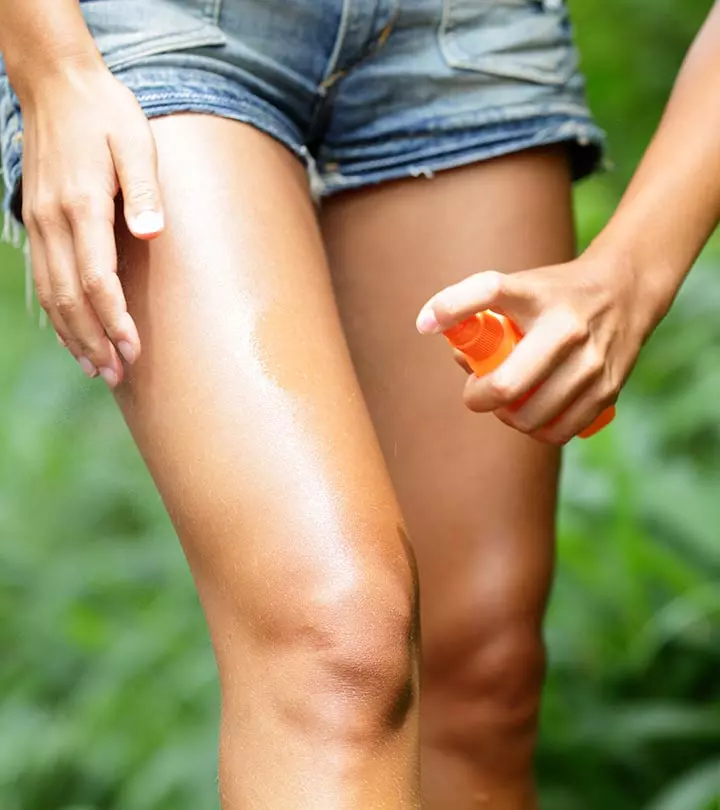
Image: ShutterStock
Whether you’re out on your favorite camping trip or taking a stroll in the park, mosquitoes are everywhere. If you’re tired of getting annoying bites from those pesky mosquitoes, making a few homemade mosquito repellents is your solution. Mosquitoes are active during the evening due to their intolerance to sunlight. If you get more mosquito bites in the evening, don’t be surprised at all. What’s more, different species of mosquitoes are attracted to a combination of your sweat, scent, and humidity, giving you red and itchy skin. While going for commercial repellents is the easier option, they may negatively impact the environment and your health. That is why when you’re going for that wonderful trek or a camping trip in the winters, carrying a homemade repellent is a better choice for you and your children. In this article, we take a look at some of the natural repellents you can make with the ingredients from your pantry. Scroll down to know more!
An online survey conducted on 5,209 participants found that 48% of them used DEET spray as a mosquito repellent, 43% used citronella candles as a mosquito repellent, and 36% used a “natural” mosquito repellent. It was further observed that 932 participants used essential oils as natural mosquito repellents too.
In This Article
Homemade Mosquito Repellents
- Lemon Eucalyptus Oil
- Peppermint Oil And Coconut Oil
- Neem Oil And Coconut Oil
- Apple Cider Vinegar And Essential Oil Spray
- Tea Tree oil And Coconut Oil
- Citronella Oil And Alcohol Spray
- Cinnamon Oil Repellent
- Lavender Oil, Vanilla, And Lemon Juice
- Lemongrass And Rosemary Essential Oils
- Mouthwash Epsom Salt Spray
- Baking Soda With Vinegar
- Rubbing Alcohol
- Garlic Spray
- Cloves With Lime
Key Takeaways
- Citronellal and PMD in lemon eucalyptus oil show high repellency against mosquitoes.
- The strong aroma of neem makes it a natural mosquito repellent. When combined with coconut oil, it makes for a strong protectant against different species of mosquitoes.
- Cinnamaldehyde in cinnamon oil has a strong mosquito-repelling property, particularly against Aedes aegypti mosquitoes.
- Baking soda and vinegar react together to release carbon dioxide that attracts mosquitoes and then kills them.
Natural Mosquito Repellent Remedies
1. Lemon Eucalyptus Oil
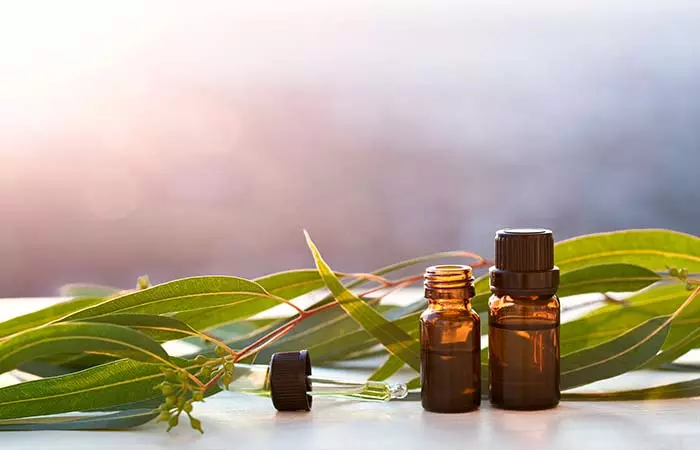
You Will Need
- 10 mL of lemon eucalyptus oil
- 90 mL of any carrier oil (olive or coconut oil)
What You Have To Do
- Take a 100 mL bottle and add 10 mL of lemon eucalyptus oil to it.
- Add 90 mL of any carrier oil to the lemon eucalyptus oil and mix well.
- Apply this mixture directly to the affected area.
How Often You Should Do This
Reapply this mixture periodically, especially when you are outside.
Why This Works
Lemon eucalyptus oil contains compounds like citronellal and p-methane 3,8-diol (PMD). While citronellal is believed to show a little repellency against mosquitoes, PMD is highly effective against these tiny creatures (1), (2).
Tip
PMD is present only in trace amounts in lemon eucalyptus oil, and hence, this essential oil needs to be processed and purified to convert some of its citronellal into PMD. Processed and purified lemon eucalyptus essential oil can be highly effective against mosquitoes when applied topically.
2. Peppermint Oil And Coconut Oil
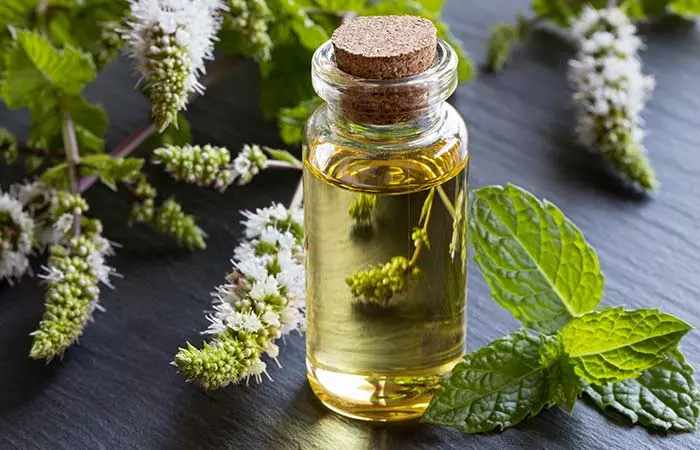
You Will Need
- 12 drops of peppermint oil
- 30 mL of coconut oil
What You Have To Do
- Mix peppermint oil with coconut oil.
- Apply this mixture directly to your hands and legs.
How Often You Should Do This
Do this 2-3 times before you go out.
Why This Works
Peppermint oil is another essential oil that works well in repelling mosquitoes. Combining it with coconut oil enhances its mosquito repellent potential and basically makes it your very own natural bug repellent. While peppermint contains compounds like limonene and menthol that keeps mosquitoes at bay, coconut oil contains unsaturated fatty acids and emulsifiers that slow down the evaporation of the repellent molecules of peppermint oil (3), (4).
3. Neem Oil And Coconut Oil
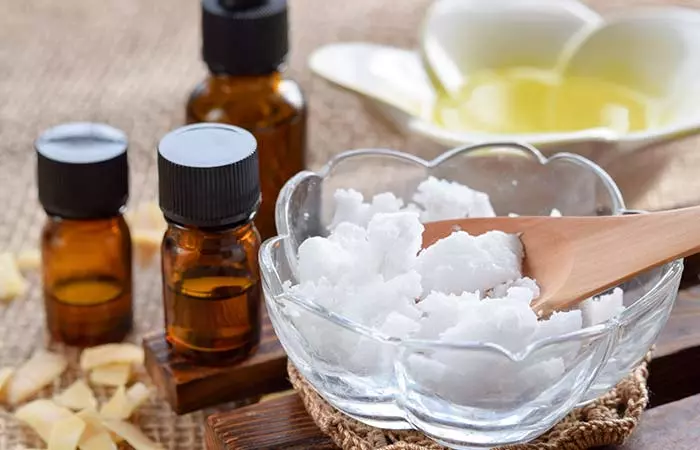
You Will Need
- 10 drops of neem oil
- 30 mL of coconut oil
What You Have To Do
- Add neem oil to coconut oil.
- Mix well and apply this directly to the exposed areas of your body.
How Often You Should Do This
Apply this at least twice a day.
Why This Works
Neem oil is derived from the seeds and fruits of the neem tree. It is believed to have natural mosquito repelling properties due to its composition and strong aroma. In fact, a study has proved that 2% neem oil, when used in combination with coconut oil, provided significant protection against different species of mosquitoes (5).
 Quick Tip
Quick Tip4. Apple Cider Vinegar With Essential Oils Spray

You Will Need
- 50 mL of apple cider vinegar
- 50 mL of water
- 10-12 drops of essential oil (clove, citronella or eucalyptus oil)
What You Have To Do
- Mix apple cider vinegar and water in equal proportions.
- Add a few drops of an essential oil of your choice and mix well.
- Store this solution in a bottle with a pump.
How Often You Should Do This
Spray this on yourself before you head out.
Why This Works
Apple cider vinegar is an effective and mess-free base that can be used to increase the repellent potential of certain essential oils. When you use a carrier oil with an essential oil, it can end up becoming oily and messy and make you feel uncomfortable. In such situations, a non-oily base is appreciated. ACV promotes the repellent activity of essential oils by creating a slightly acidic pH on the surface of your skin, which can lure mosquitoes away from you (6), (7).
5. Tea Tree Oil And Coconut Oil

You Will Need
- 10 drops of tea tree oil
- 30 mL of coconut oil
What You Have To Do
- Mix tea tree oil with coconut oil.
- Apply directly to the exposed areas of your skin.
How Often You Should Do This
You can do this 2 to 3 times before going out.
Why This Works
Tea tree oil is widely used for its medicinal properties and is one of the effective home remedies for bug bites. Its powerful antiseptic and anti-inflammatory properties are said to prevent and heal mosquito bites quickly (8). The strong aroma of tea tree oil is another factor that keeps mosquitoes at bay. However, it is quite strong and hence should be used in combination with a good carrier oil like coconut oil.
6. Citronella Oil And Alcohol Spray
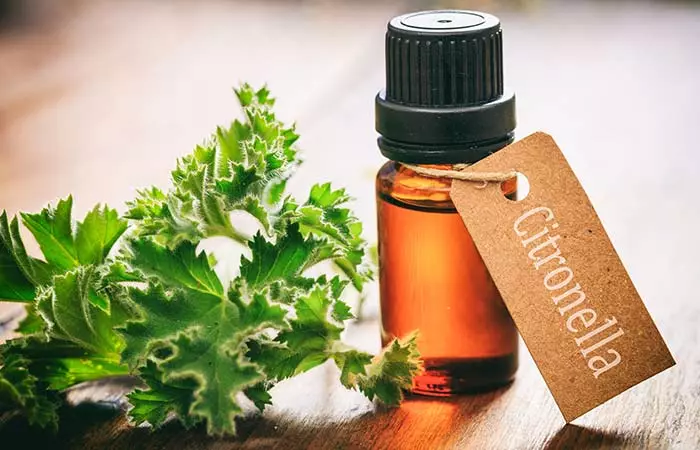
You Will Need
- 10 mL of alcohol
- 10 drops of citronella oil
- 90 mL of water
What You Have To Do
- Mix alcohol and water in the specified proportions.
- To this, add citronella oil and mix well.
- Put this in a bottle and spray on the exposed areas of your body.
How Often You Should Do This
You must do this 2 to 3 times daily before you go outside.
Why This Works
Citronella oil is obtained from the leaves of the lemongrass plant. It contains many compounds like citronellal, geraniol, citronellol, citral, and limonene that exhibit mosquito repellent properties. It is almost as effective as DEET (a widely used chemical-based mosquito repellent). When mixed with alcohol, the efficiency of citronella oil increases. This is because of the presence of thiamine in alcohol, the smell of which repels mosquitoes (9), (10), (11).
7. Cinnamon Oil Spray
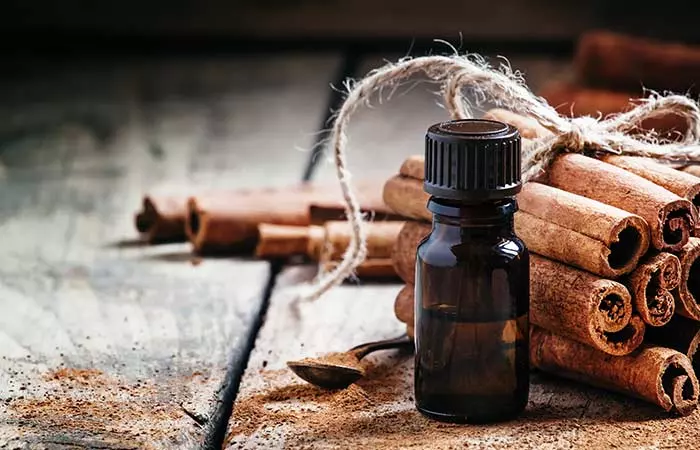
You Will Need
- 10 drops of cinnamon oil
- 30-40 mL of water
What You Have To Do
- Mix the cinnamon oil with water.
- Mix well and spray this solution on the exposed areas of your body.
How Often You Should Do This
Do this before you head out.
Why This Works
Cinnamon oil is extracted from cinnamon bark and is one of the widely used homemade mosquito repellent. Four components of cinnamon oil, namely, cinnamyl acetate, eugenol, cinnamaldehyde, and anethole have the strongest mosquito repelling properties against the Aedes aegypti mosquitoes. And out of these, cinnamaldehyde exhibits the strongest activity (12).
8. Lavender Oil, Vanilla, And Lemon Juice Spray

You Will Need
- 10-12 drops of lavender oil
- 3-4 tablespoons of vanilla extract
- 3-4 tablespoons of lemon juice
- 1-2 cups of water
What You Have To Do
- Mix the lavender oil with vanilla extract and lemon juice.
- Add this mixture to two cups of water.
- Shake this solution well and spray it on your exposed body parts.
How Often You Should Do This
You can do this 2 to 3 times daily if you live in a mosquito-prone area.
Why This Works
While the smell of lavender essential oil has a calming effect on us, it is quite repelling to mosquitoes. Lavender oil contains compounds like limonene, linalool, eucalyptol, and camphor, all of which are known to naturally repel mosquitoes and insects (13), (14). Vanilla has natural insect repelling properties, and lemon juice has high acid content that helps in keeping mosquitoes at bay.
 Quick Tip
Quick Tip9. Lemongrass And Rosemary Essential Oil

You Will Need
- 10 drops of rosemary essential oil
- 10 drops of lemongrass essential oil
- 60 mL of any carrier oil (coconut or jojoba oil)
What You Have To Do
- Mix the essential oils with the carrier oil.
- Apply this mixture directly to the exposed areas of your body.
- You can also add these essential oils to 60 mL of water and use the solution as a spray.
How Often You Should Do This
Do this at least twice daily.
Why This Works
Lemongrass and rosemary essential oils are amazingly effective natural mosquito repellents (15), (16). Lemongrass essential oil contains mosquito repelling components like limonene and citronella, while rosemary oil gets its mosquito repelling properties due to the presence of compounds like eucalyptol, camphor, and limonene in it.
10. Mouthwash And Epsom Salt Yard Spray

You Will Need
- A large bottle of mouthwash (preferable mint flavored)
- 3 cups of Epsom salt
- 12 oz can of beer (optional)
What You Have To Do
- Take a large bottle of any store-bought mouthwash and add Epsom salt to it.
- Mix well until the salt dissolves.
- You can also add about 12 oz of beer to it for additional benefits.
- Spray this solution around your home.
How Often You Should Do This
You can spray this outside or around your home twice daily.
Why This Works
Most mouthwashes have compounds like eucalyptol, menthol, and thymol that act as mosquito repellents (17), (18), (19), (20), (21). Some mouthwashes also have high alcohol (ethanol) content, which aids in repelling mosquitoes. Epsom salt can help ward off insects and other microbes in addition to the mosquitoes.
Not only is this recipe beneficial, but it is also quite economical. Bill, a YouTuber, shared a homemade mosquito repellent recipe he used to combat the surge in mosquitoes during the hot and humid weather in Tennessee. He showed how he made a simple yet effective mosquito repellent by using beer, mint mouthwash, and Epsom salt. He says, “ We’re talking a little over ten dollars, and you’re going to have a kick-butt product that is going to keep mosquitoes away from you (i).”
11. Baking Soda With Vinegar Mosquito Trap

You Will Need
- 1 cup of vinegar
- 1/4 cup of baking soda
What You Have To Do
- Take an empty bottle and cut it into half.
- Add baking soda to the bottom part of the bottle.
- Take the top part of the bottle and invert it so that it looks like a funnel.
- Place the inverted half of the bottle on top of the bottom half.
- Pour vinegar into this and place it outside your room.
How Often You Should Do This
Do this whenever there is an increase in the number of mosquitoes in your area.
Why This Works
When baking soda comes in contact with vinegar, the reaction between the two releases carbon dioxide. Carbon dioxide attracts mosquitoes and hence can be used to trap and kill them (22).
12. Rubbing Alcohol Spray
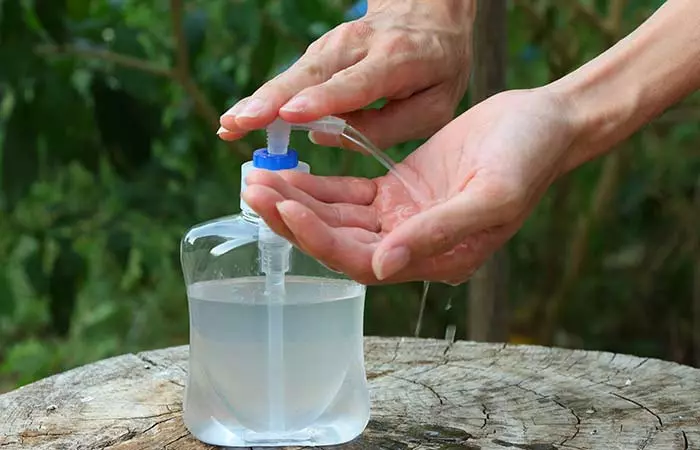
You Will Need
- 10 drops of any essential oil
- 30 mL of water
- 1 tablespoon of alcohol
What You Have To Do
- Mix the essential oil with rubbing alcohol and
- add water to this.
- Pour this solution into a spray bottle and shake well.
- Spray this solution on the exposed areas of your body.
How Often You Should Do This
Do this 2 to 3 times daily.
Why This Works
Rubbing alcohol dissolves oils better than water. Hence, the repellency potential of essential oils is greater when they are used in combination with them. If you already have a bad mosquito bite and wish to know how to get rid of mosquito bites, then rubbing alcohol can come to the rescue. It has the potential to heal mosquito bites when applied topically. It is also used in combination with vegetable oils to repel and kill insects and bugs. Use this trick to make a homemade bug spray.
13. Garlic Spray
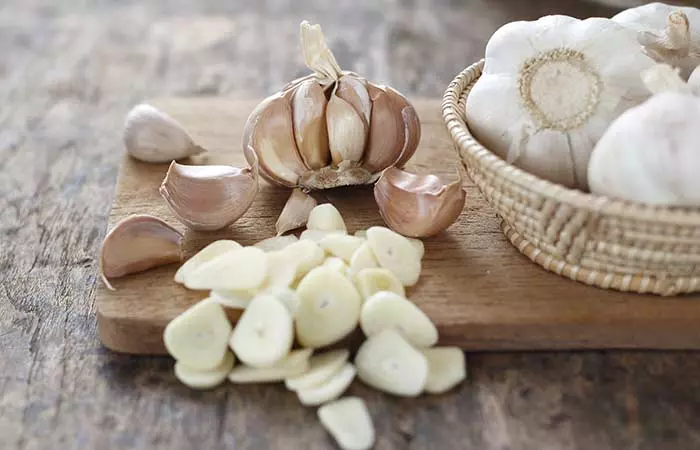
You Will Need
- 5-6 garlic cloves
- 1 tablespoon of mineral oil
- 1 teaspoon of lime juice
- 2 cups of water
What You Have To Do
- Mince the garlic cloves and add a tablespoon of mineral oil to this.
- Soak overnight and strain the garlic.
- Collect the infused oil and add lime juice and water to it.
- Spray this solution on the plants around your homes.
- You can also spray this garlic solution on the exposed parts of your body.
How Often You Should Do This
Do this 2 to 3 times daily.
Why This Works
Garlic contains a compound called allicin that exhibits a strong repelling action against mosquitoes. Additionally, garlic also has a strong aroma that repels mosquitoes (23). It is also widely used as a natural insect repellent (24). The acidic nature of lemon juice enhances the repelling properties of garlic.
14. Cloves With Lime
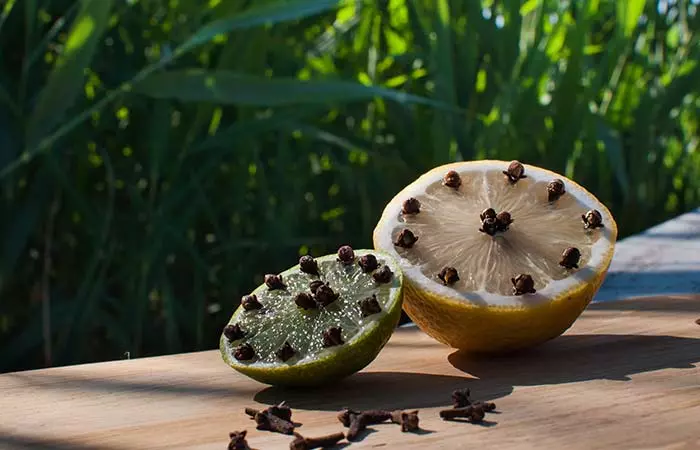
You Will Need
- 10-12 cloves
- 1 lemon
What You Have To Do
- Take a lemon and cut it into half.
- Insert 5-6 cloves into each half of the lemon.
- Place this in your room or wherever there are too many mosquitoes.
- Alternatively, you can also mix clove oil with a carrier oil and apply it to the exposed areas of your body.
How Often You Should Do This
You can do this twice daily to steer clear of mosquitoes for the rest of the day.
Why This Works
This is one of the most widely used homemade mosquito repellent. Clove is another herb that is quite effective in repelling mosquitoes and various insects. The strong aroma of clove and the presence of a compound called eugenol give it its repelling properties. Studies have also proven clove essential oil to be one of the best natural insect repellent (25).
Caution
Clove oil can be quite irritating, and it also has a strong fragrance. Hence, it must be used only in combination with a carrier oil for topical application.
Apart from these wonderful herbs, there are other herbs such as cedarwood, geranium, thyme, and more that are really effective as plant-based repellants (26).
The graph below shows commonly used mosquito repellent/control methods by people. Respondents were asked to “select all repellent methods they had ever tried”. 2497 respondents chose the spray-on insect repellent with DEET, closely followed by citronella candles with 2233 responses, as their preferred technique of mosquito repulsion out of 16 available options. Vitamin B patches are the least popular item on the list, with only 141 responses.
Before using the homemade mosquito repellents mentioned above, it is important to keep a few things in mind. Scroll down to learn about them.
Safety Considerations For Homemade Mosquito Repellents
Here are a few things you should consider for the safe usage of homemade mosquito repellents:
- Some people can be allergic to even natural ingredients. Therefore, always do a patch test before use.
- If you are using essential oils, always dilute them in a carrier oil or water-based solution to prevent skin irritation and burns.
- Do not apply the homemade mosquito repellent directly to the face or near the eyes to prevent irritation.
- If you experience irritation, rash, or allergic reaction after application, wash the affected area with soap and water and consult a doctor immediately.
It is also important to note that homemade repellents may not provide as much and long-lasting protection as commercial products. Therefore, reapply them as needed. It is also best to avoid high mosquito areas. However, if you are in one, consider wearing protective clothing, such as long sleeves and pants, to minimize exposed skin. Additionally, you can use mosquito nets for added protection.

An Online Survey Of Personal Mosquito Repellent Strategies
Source: An online survey of personal mosquito-repellent strategiesInfographic: Why Use Plant-Based Or Natural Repellents?
Natural or plant-based mosquito repellents are commonly preferred over chemical ones. What are the reasons behind it? Is using DEET-based chemical mosquito repellents safe? What to keep in mind while using these repellents? The following infographic answers these questions and lists various factors that make natural repellents a preferred option. Take a look! Illustration: StyleCraze Design Team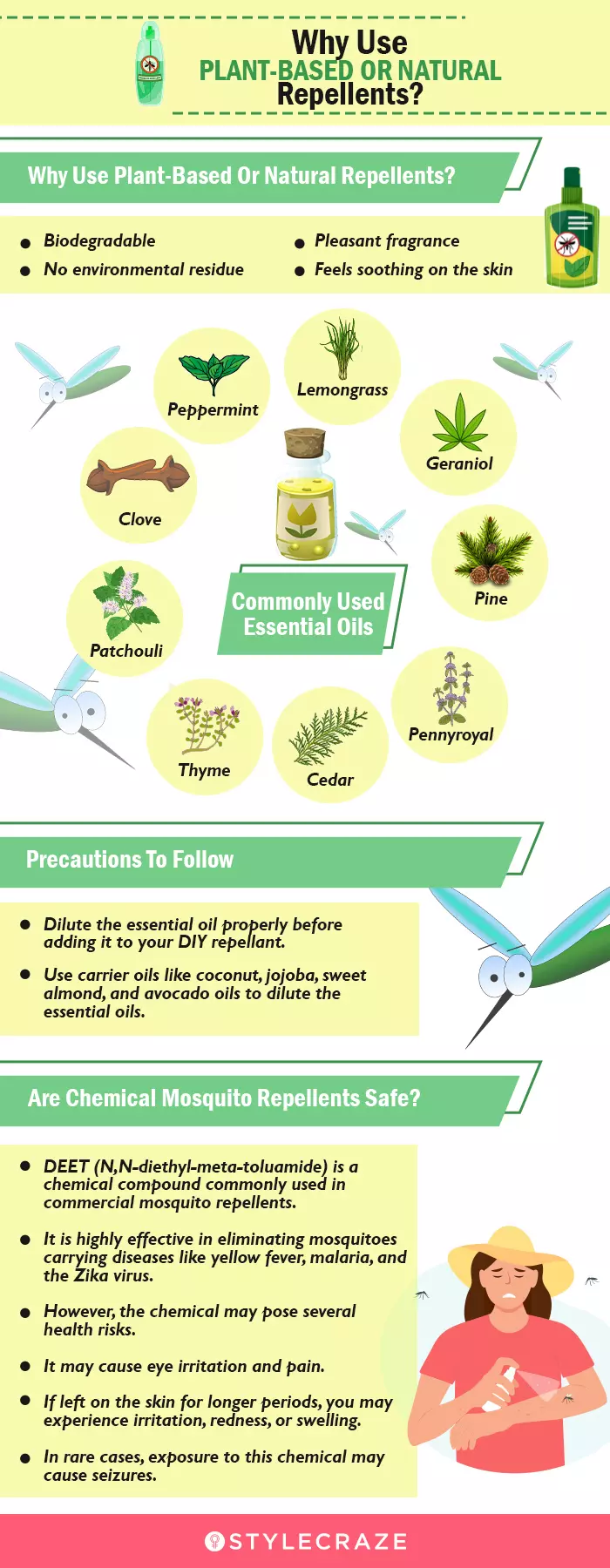
Mosquito bites can be irritating. These bugs can detect you when you are out strolling or even sitting outdoors as they are attracted to sweat, scent, and humidity. They generally become most active in the evening hours, and it is a good idea to carry mosquito repellents if you have outdoor activities planned. Commercial repellants may have detrimental effects on the skin and the environment so you can opt for homemade mosquito repellants instead. Lemon, eucalyptus oil, peppermint oil, lemongrass, citronella oil, cloves, and lavender are common ingredients that can be used to easily whip up batches of repellants.
Frequently Asked Questions
How long do homemade mosquito repellents last?
Anecdotal evidence suggests that homemade mosquito repellents typically last for about 1-2 hours. However, the exact time depends on the ingredients used and the concentration of them. It is generally recommended to reapply them at least 2-3 times a day.
Which are the plants that help with mosquitoes?
Plants like lavender, rosemary, citronella, and basil act as natural mosquito repellents.
Do electronic mosquito repellents really work?
There is an ongoing debate on whether electronic mosquito repellents really work or not. While scientists have not found any supporting evidence, many individuals have testified that these electronic mosquito repellents work. However, the sound of the ultrasonic electronic mosquito repellents can be quite irritating.
Do coffee grounds repel mosquitoes?
Yes, coffee grounds can be used to repel mosquitoes. In studies, caffeine was found to inhibit the production of adult mosquitoes(26)
Does Dawn dish soap repel mosquitoes?
No, it’s a myth that dishwashing soap is a mosquito repellent. The soap merely reduces the surface tension of water and drowns the mosquito when it comes in contact with it.
Does Vicks keep mosquitoes away?
Yes, the menthol in Vicks may hele repel mosquitoes and other insects (27), (28).
Discover how to keep flies and mosquitoes away from your home forever. Learn this simple trick that will keep your home bug-free by watching the video below.
Personal Experience: Source
StyleCraze's articles are interwoven with authentic personal narratives that provide depth and resonance to our content. Below are the sources of the personal accounts referenced in this article.
i. 3 Ingredient DIY Mosquito Repellenthttps://www.youtube.com/watch?v=OkzOJWgz_Rw
Read full bio of Dr. Zeel Gandhi
Read full bio of Shaheen Naser
Read full bio of Arshiya Syeda
Read full bio of Dipti Sharma






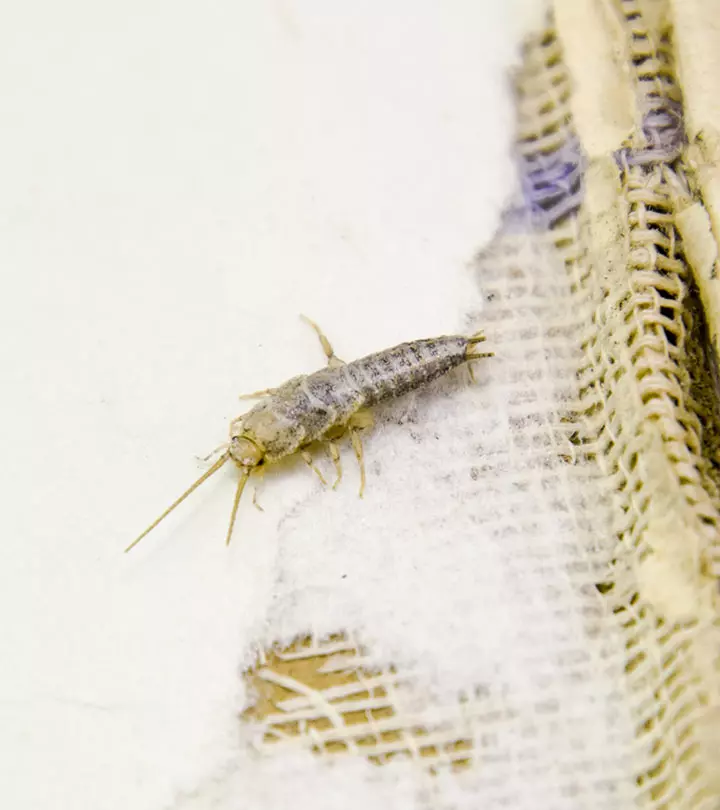

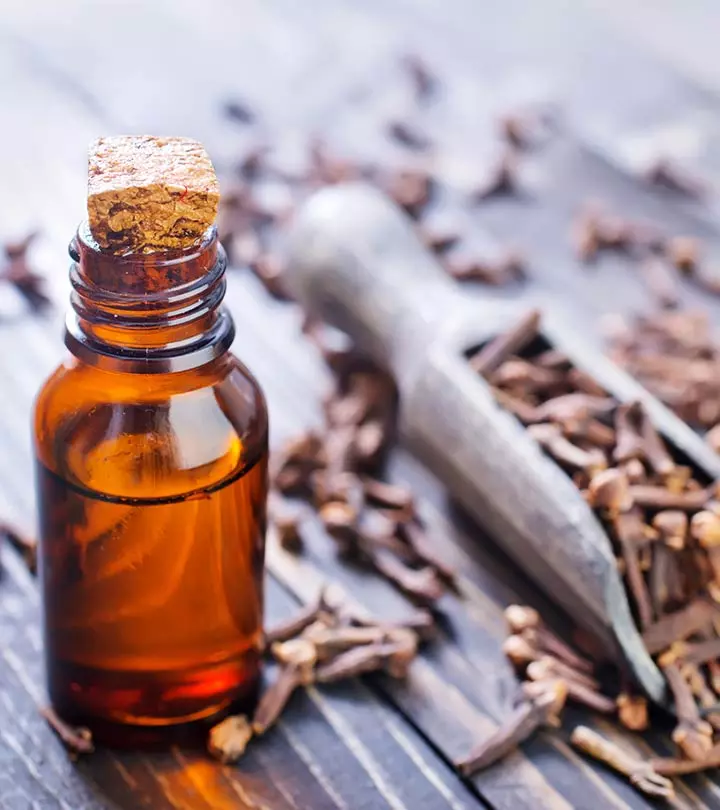
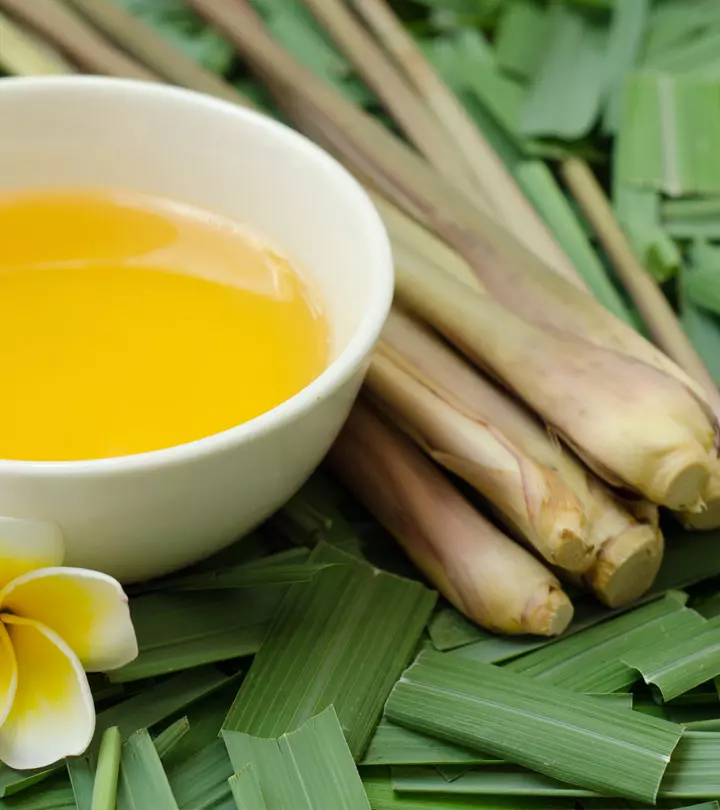
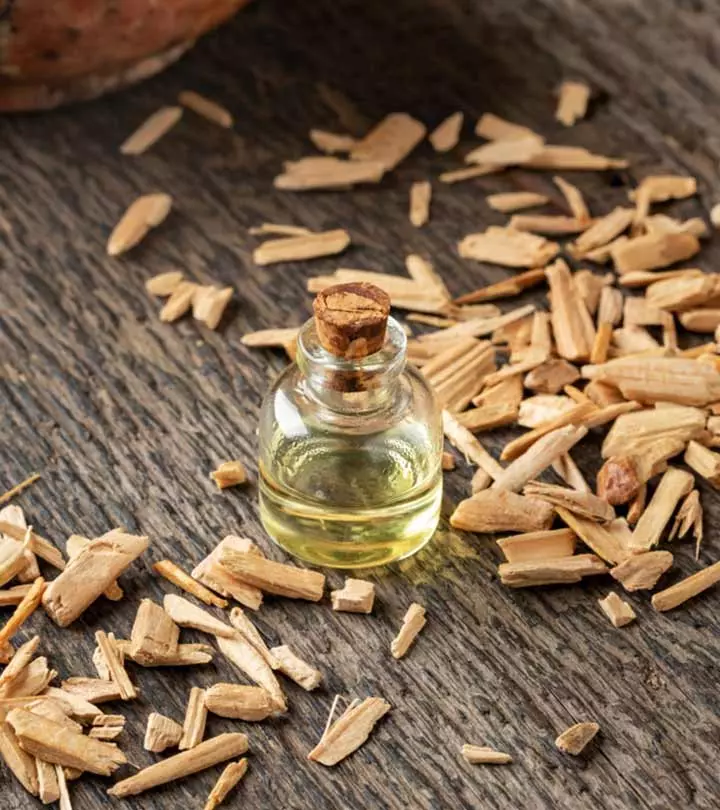
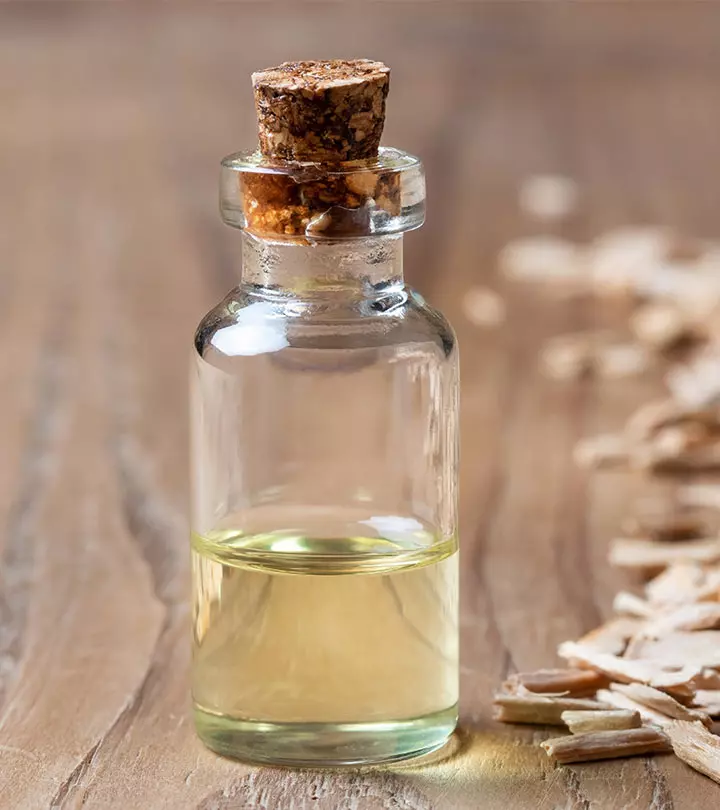

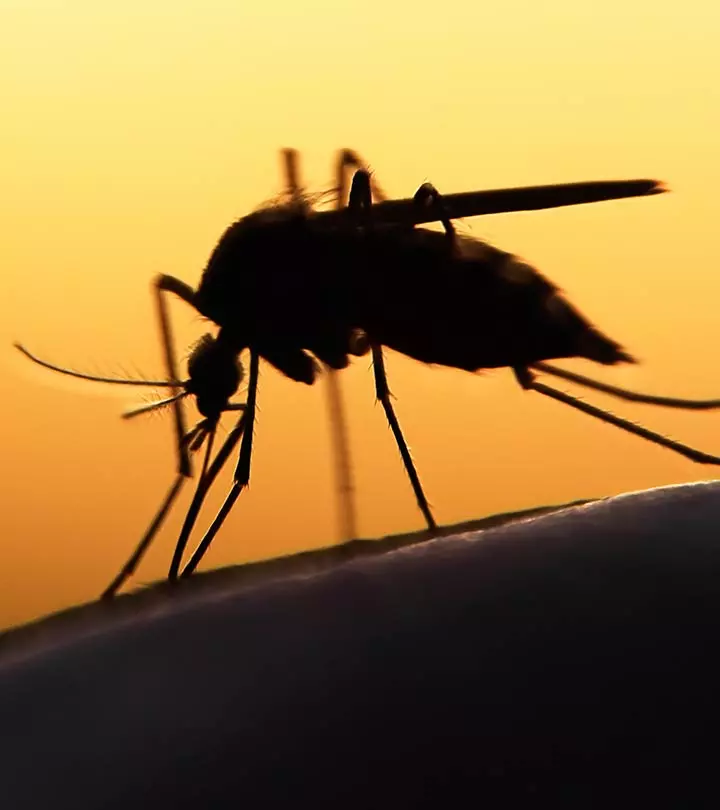

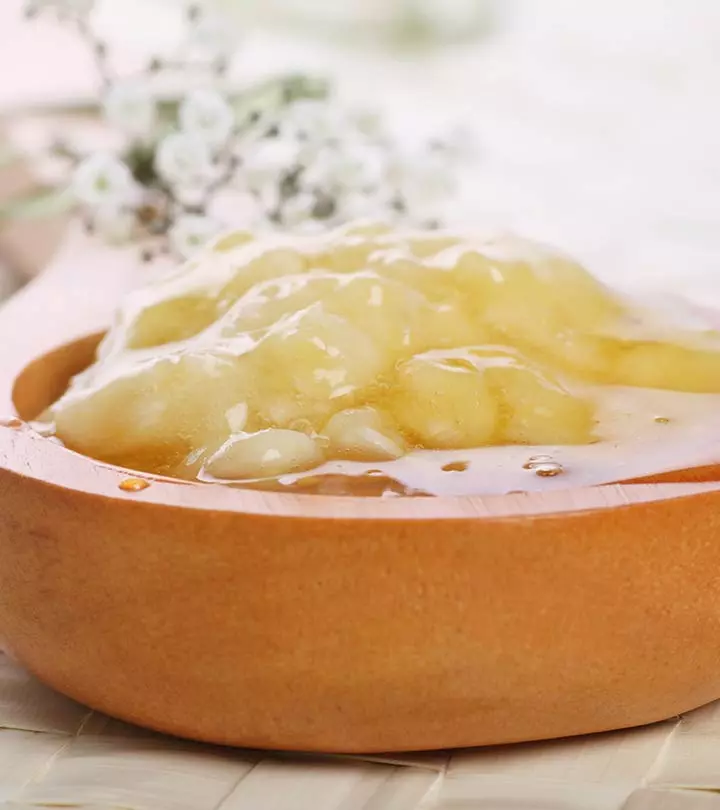




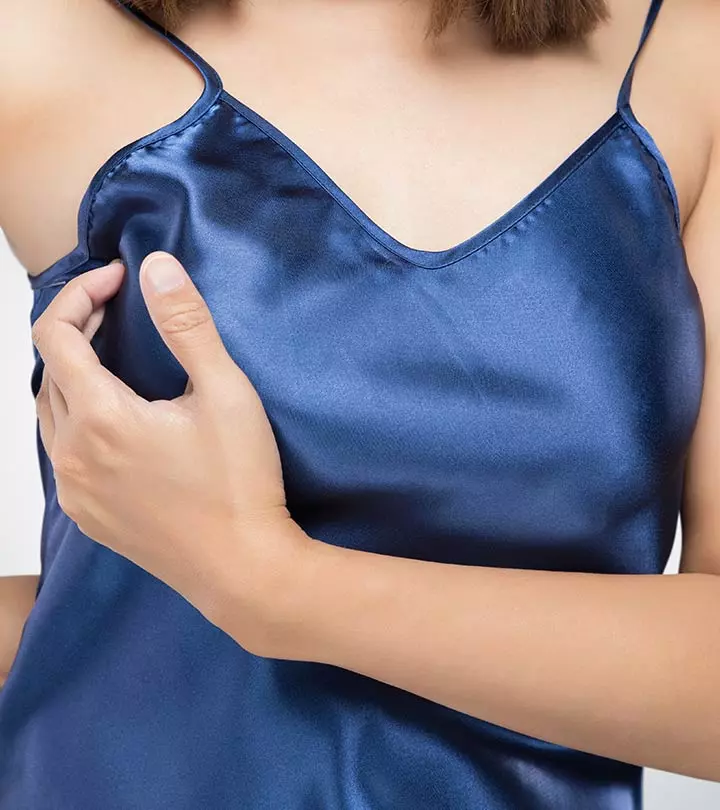






Community Experiences
Join the conversation and become a part of our empowering community! Share your stories, experiences, and insights to connect with other beauty, lifestyle, and health enthusiasts.